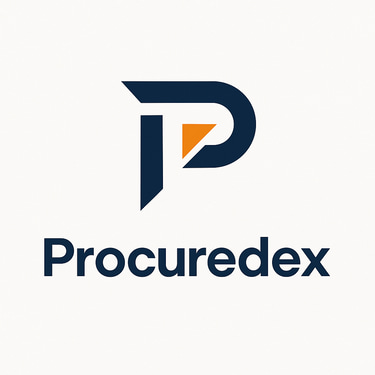ADA Website Lawsuit Surge Hits Local SMBs: Why Outdated Sites Are Now a Major Legal Risk (October 18, 2025)
10/19/20252 min read


October 18, 2025 saw a wave of concern among local small and mid-sized businesses (SMBs) as a surge in ADA website accessibility lawsuits hit companies with outdated web platforms. With a record 2,019 federal ADA lawsuits filed by mid-year—a 37% increase over 2024—businesses of all sizes but especially local shops and service providers suddenly found themselves at risk of costly litigation for failing to meet digital accessibility standards.
Why the Spike? ADA Enforcement Expands to Digital Platforms
This year’s explosive surge is fueled by aggressive enforcement, serial plaintiffs, and expanding government oversight. SMBs with older websites—often built before modern accessibility guidelines—are being targeted for issues like missing alt text, poor color contrast, hard-to-navigate forms, and media without captions. Even businesses without a physical storefront are vulnerable; if your online presence excludes people with disabilities, you could be next in line for legal action.
Most lawsuits focus on sites not working properly with screen readers or blocking users with vision, hearing, or mobility challenges—problems that go undetected without thorough audits. As a result, shops and restaurants, professional services, and eCommerce stores under $25 million in revenue have been hit hardest, with Florida ranking among the top five states for ADA website cases.
Lack of Affordable Site Audits & Compliance Clarity Leaves SMBs Vulnerable
A key pain point: affordable clarity on compliance. Many local businesses simply don’t know how to tell if their site is ADA compliant, nor can they afford expensive professional audits. The standards themselves—the Web Content Accessibility Guidelines (WCAG)—can feel overwhelming to non-technical owners, especially if their platforms were built years ago. Vendors offering “widgets” or “quick fixes” don’t always deliver true compliance, leaving SMBs exposed to legal demand letters and surprise lawsuits.
Automated Accessibility Scans: The Fastest Way to Assess Risk
Relief is available! Automated ADA accessibility scanners have emerged as essential tools for small businesses in 2025. Free and low-cost web-based services like Accessibility Checker, Axe, Wave, and SortSite allow owners to quickly scan their website and see a ranked list of compliance issues—often in seconds. These automated tools explain where your site falls short, flag specific issues (like alt text and contrast), and even provide instant fix guides tailored to your platform (WordPress, Shopify, Squarespace, custom sites, and more).
For most SMBs, running a scan and following immediate remediation guides is the fastest path to compliance—and dramatically lowers legal risk. Some platforms, like AudioEye and accessiBe, combine automated scans with ongoing monitoring and guided fixes for even deeper protection.
Instant Fix Guides = Rapid Response for SMBs at Risk
When SMBs are hit with lawsuits or demand letters, time is of the essence. Instant fix resources are designed for business owners, showing step-by-step instructions to address flagged issues. This means tackling easy wins—alt text, labels, navigation, contrast—first, and then consulting an expert for complex fixes if needed.
By acting quickly, SMBs can resolve most issues before they escalate, often avoiding thousands in legal fees and settlements. Publishing an accessibility statement and proactively scanning your site can also demonstrate good faith and help in negotiations with plaintiffs.
The 2026 Deadline: Act Now To Stay Protected
With only six months until the April 2026 mandatory ADA compliance deadline, local SMBs must get proactive. Automated scans, instant fix guides, and credible online resources put digital accessibility within reach—no agency retainer or massive development budget required.
Now is the moment for business owners to safeguard their online platforms, customers, and reputation. The surge in 2025 ADA lawsuits isn’t going away, but affordable solutions make compliance possible for everyone.
